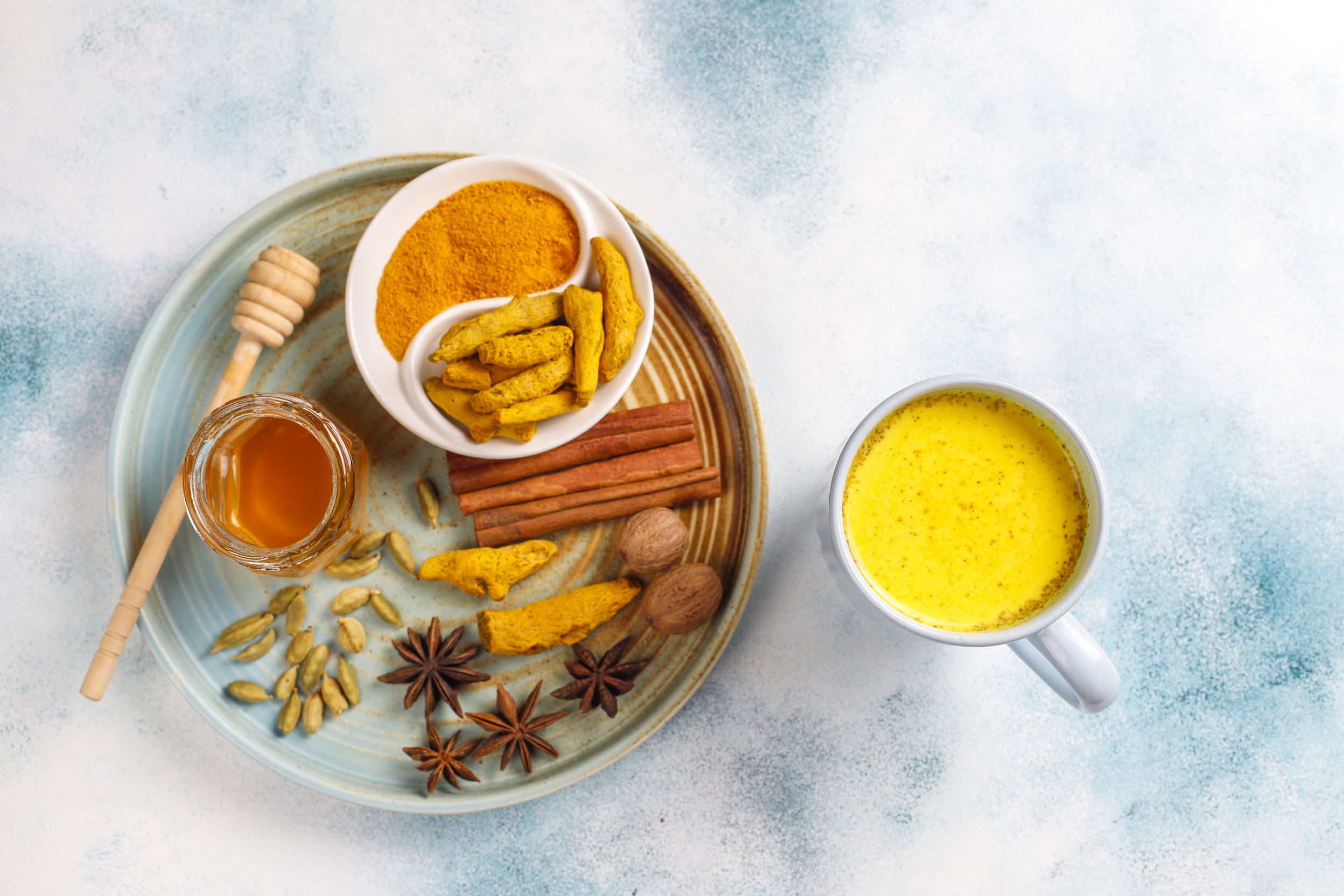By Druvinka Samuel
The acute awareness of global imbalances that has closely trailed behind the outbreak of COVID-19 has deconstructed any semblance of societal normalcy. Awareness and acknowledgement has been one of the overriding themes of 2020, with newfound awareness in alternatives on global imbalances; be it environmental, economic or societal - there has been earnest, albeit slightly wary acknowledgement that has followed. And while the world is preparing for a “new normal” perhaps, it's more necessary to evaluate how urgent new normalities are as alternatives.
Herbal and ayurvedha therapy
Now, with nearly 90 million global cases of COVID-19, people have started to look for alternate cures for the virus. One of the most popular alternatives are herbal and ayurveda therapy. The origins of ayurveda, extend back into antiquity- recorded more than 5,000 years ago in Sanskrit, in the four holy texts called the Vedas; the Rig Veda (3000-2500 BCE), Yajur Veda, Sam Veda, and Atharva Veda. The premise of ayurvedic theory lies in the belief that all areas of life impact one's health (Research paper by the University of Minnesota) It was a practice that lasted 1000s of years right until British colonialism and then western medicine took over.
At a period in time where we are almost completely turning to self sufficiency to get by, it's no surprise that certain societies have circled back to ayurvedic practices. A few weeks ago the Thai Health Ministry approved the use of Andrographis Paniculata, more commonly known as ‘green chiretta’ to treat preliminary stages of COVID-19. The use of the green chiretta herbal plant extract is said to curb the virus and reduce the severity of inflammation. Human trials were conducted by the government to test the effectiveness of the herb and the results revealed that patient conditions improved within 3 days of the treatment, without side effects. (Bloomberg)
Tested cures
Additionally, The Himalayan Drug Company, too conducted a clinical study to evaluate the role of two herbal products known as Septilin and Bresol as an adjuvant treatment in asymptomatic COVID-19 positive patients. Septilin, known for its Ayurvedic ingredients such as Guggulu, Yashtimadhu, and Guduchi, has been backed by and recommended extensively by doctors for nearly 60 years as a result of its strong immunomodulatory property. Bresol on the other hand with its concentration of Haridra, Tulasi, and Vasaka, is a respiratory wellness product and exhibits a potent anti-inflammatory effect because of its ability to downregulate proinflammatory cytokines. (The Statesman)
Dr C.R Jayanthi, one of the chief researchers on this study concluded that “Patients treated with Septilin and Bresol along with the Standard of Care (SOC) demonstrated a better trend of reduction of inflammatory cytokines as compared with patients who received SOC alone.” Moreover, in the recuperation period the combination of Septilin and Bresol was found to further benefit the individuals struggling to overcome a range of troubling residual symptoms.
Herat City in Afghanistan, like many large and populous cities in the world was one that was gravely affected by the pandemic. This is another city in the world where ayurvedic therapy has proven to be more popular than western medicine in treating COVID-19. Most residents in Herat turned to traditional treatment and the use of herbs.
Home remedies
Parveen Amiri, 30, from Krakh district, was infected twice but she didn't visit the hospital once, saying, “the dried fruit and herbs I boiled and consumed included almond, cumin, nutmeg and flowers. I also drank milk to relieve my sore throat.”
A reporter for Pajhwok who interviewed over 90 women within the districts of Herat revealed that many of these women said they believed in using traditional and herbal medicines. Additionally, Mohammad Yousuf Qadri, known as Mirza Qalam, a herbalist in Herat province firmly stands by the use of herbs and Greek medicine to treat COVID-19.
“The patients who come to me, I advised them that first they should quarantine themselves and mix fennel flower with ginger and eat it along with milk and honey, eat soup every day and drink tea. Boil a plant called “thyme” and eat it every night before going to bed, so this will prevent the damage of lungs.” Qadri says he had prescribed these drugs to Covid-19 patients and after a week, their test results were negative. (Pajhwok)
Sri Lankan "panni"
Here in Sri Lanka, the gravitation towards the “panni” is one that's as old as time. So it is no surprise that many people turned to this local medicine either an immune booster and even as a treatment. The effectiveness of this local concoction as a form of treatment for COVID-19, is yet to be proven. The government is taking steps to standardise alternative treatment and to prove that local remedies and the use of it cannot be downplayed as ‘snake oil.’ The media however,has labeled the effectiveness of panni in this particular instance as a hoax, however when looking at the role of honey in ayurvedic practice, it's pertinent to note that it has been used to ward off symptoms that, now, point to the CoronaVirus.
“In ayurveda, honey is used for both internal and external applications. It is mainly used for the treatment of eye diseases, cough, thirst, phlegm, hiccups, blood in vomit, leprosy, diabetes, obesity, worm infestation, vomiting, asthma, diarrhoea and healing wounds.” (CSE India)
It is also used to harmonise the blood according to Shobana Cooke an alternate medicine specialist in Sri Lanka.
(Intro and full page photo - Food photo created by azerbaijan_stockers - www.freepik.com)



